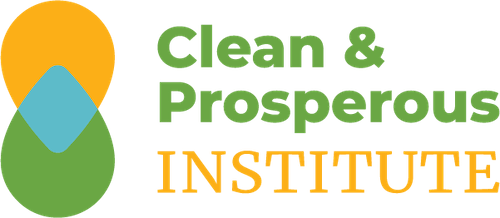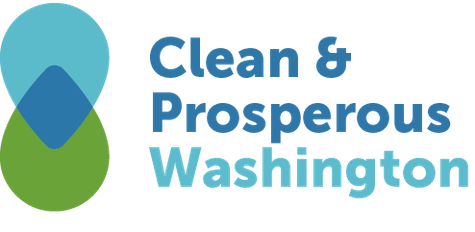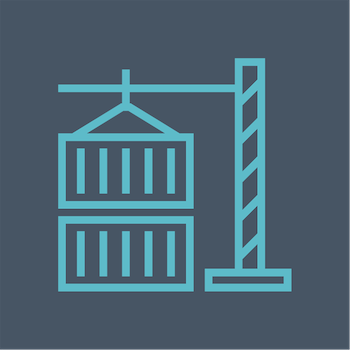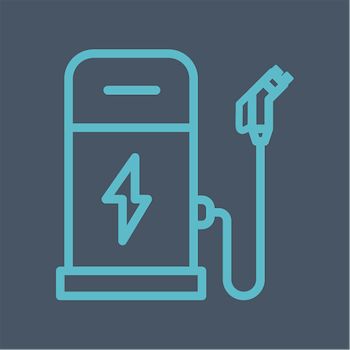Washington’s Decisive Decade
An Emerging Roadmap
for Transportation Decarbonization
& Cleaner Air
- Where can we best invest CCA funds to both reduce carbon emissions and improve air quality?
- Which projects will provide the strongest return on investment?
- What metrics can we use to objectively prioritize opportunities?
Case Studies
Analysts with the Clean & Prosperous Institute developed a modeling framework that measures economic, health, and climate benefits from proposed transportation decarbonization investments. They applied that framework to analyze several proposed projects.
This report offers a data-driven approach that can be replicated across a broader solution set as Washington considers…
- How best to deploy and leverage $5.2 billion in new transportation-focused investments over the next 16 years under the Climate Commitment Act
- How to prioritize various benefits including cleaner air, lower carbon pollution, and fuel cost savings for Washington residents and businesses
“This report enhances our understanding of the potential of interventions to reduce pervasive sources of air pollution on our roads, in our ports, and across our waterways that impact both local and global communities, and our economic efficiency.”
–Kevin Tempest, CaPI Co-Founder and Research and Development Scientist
What people are saying

“Washington State needs to clean up its transportation system so our overburdened communities, where life expectancy is lower than statewide averages, stop having to take the brunt of this toxic pollution. Now we have a tool that can provide a way forward to get this done in an equitable way.”
–Paula Sardinas, Founder, Washington Build Back Black Alliance
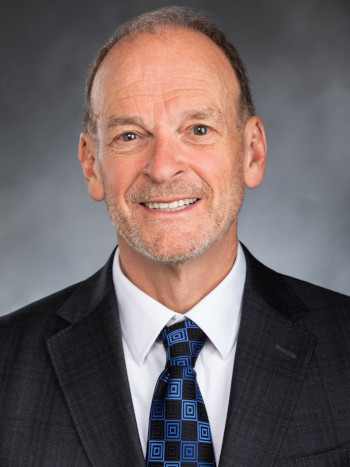
“This body of work by Clean & Prosperous Washington provides a framework for Legislative leaders to invest in transportation projects and programs that help Washington reach our carbon reduction targets while improving air quality for overburdened communities. It is a significant contribution which will assist policymakers in directing money from the Climate Commitment Act effectively and efficiently to decarbonize our transportation system.”
–Jake Fey, Representative, 27th Legislative District
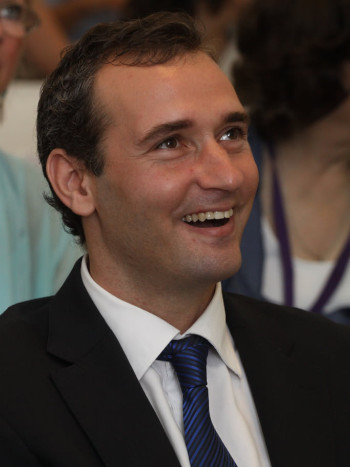
“Ubiquitous public fast charging locations will be needed to reach Washington’s electric vehicle goals. California has just directed $1.4 billion over the next three years into EV infrastructure to keep ahead of its market transformation. Washington should follow that lead.”
–Gustavo Occhiuzzo, CEO, EV Charging Solutions
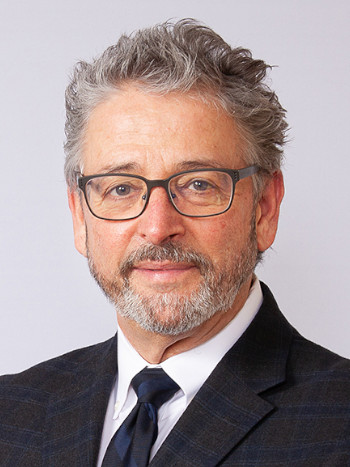
“Consistent with the NW Ports Clean Air Strategy, this report demonstrates why investing in shore power for ocean-going vessels, electrifying cargo handling equipment and drayage trucks is good for communities, commerce, and the climate.”
–Fred Felleman, Port of Seattle Commissioner
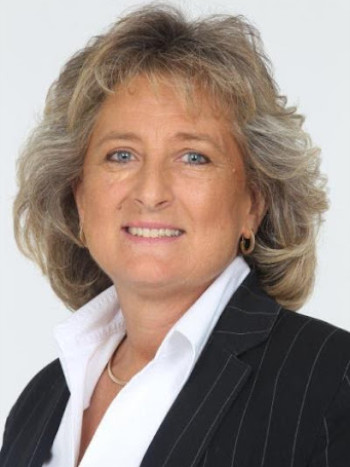
“This model clearly demonstrates the need for public sector incentives to reduce emissions from the transportation system. We are on board with the need to reduce our emissions, but we will need the state to be a partner to achieve our collective carbon reduction goals.”
–Gladys Gillis, Owner, Starline Luxury Coaches
